Projects
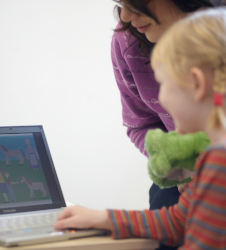
DigitLern
The DigitLern project aims to explore the opportunities and challenges of (digital) distance learning and teaching during the coronavirus pandemic for children and young people with learning difficulties.
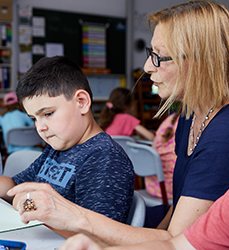
DiSeGel
The interdisciplinary network focuses on emotional violence by educational professionals towards children and young people. The network members examine how emotional violence as a phenomenon can be understood theoretically and dealt with empirically.

DYNAMIC Kids
In the DYNAMIC Kids sub-project of the DYNAMIC Center, we are investigating the mental health of children and adolescents using dynamic network analyses. This takes individual processes into account. We aim to provide a better understanding of individual risk and resilience factors, which will serve as a basis for personalized interventions.
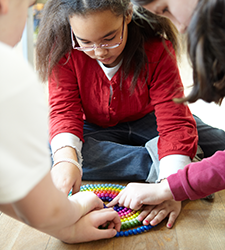
DYNAMO
The DYNAMO project investigates the association between fulfillment of basic psychological needs and motivation in children and adolescents. To that end, a measurement instrument shall be developed which allows for assessing these two constructs in these age groups.
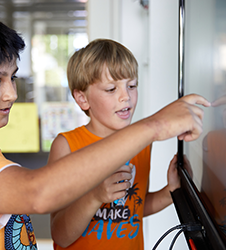
EABU
The research group aims to identify the causes of educational inequalities, analyse changes over time and identify the risks and opportunities of digitalization to reduce educational inequalities.

EAGLeS
The EAGLeS project focuses on the acquisition of written language skills when learning English as a foreign language in Years 5 and 6. It will look for systematic differences between children with reading and/or spelling difficulties and those without. This will be followed by the development and validation of an English diagnostic procedure.

EDUCARE
The research project EDUCARE covers two main subjects: childhood and educational inequalities.

EDUCAREplus
The research project aims at a better understanding of the persisting social inequality in children’s school success. The main focus is on socioeconomic differences in attitudes, beliefs, and practices of children, parents, and educators with regard to education and care in early and middle childhood.
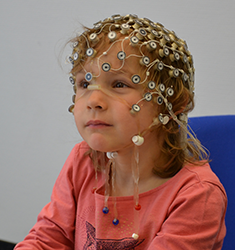
EiKlar
The aim of the project is to use neurophysiological measures to better understand cognitive, affective and behavioural teaching-learning processes in the classroom and to relate them to different teaching methods and quality characteristics.
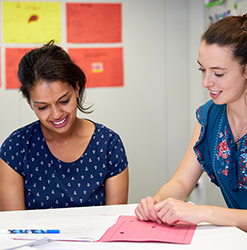
elbe
The project elbe addressed the cooperation of teachers and parents, focusing in particular on parental counseling.